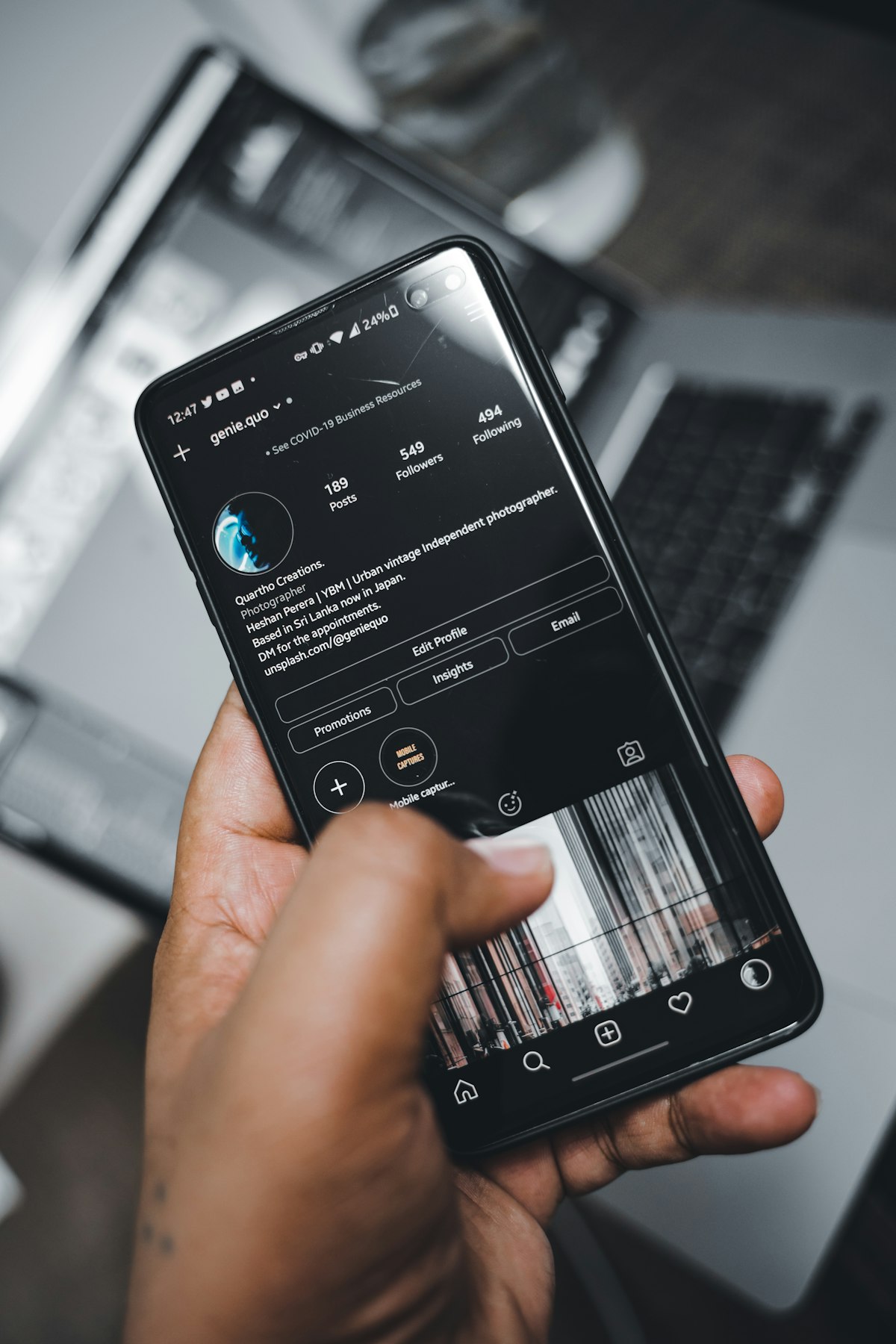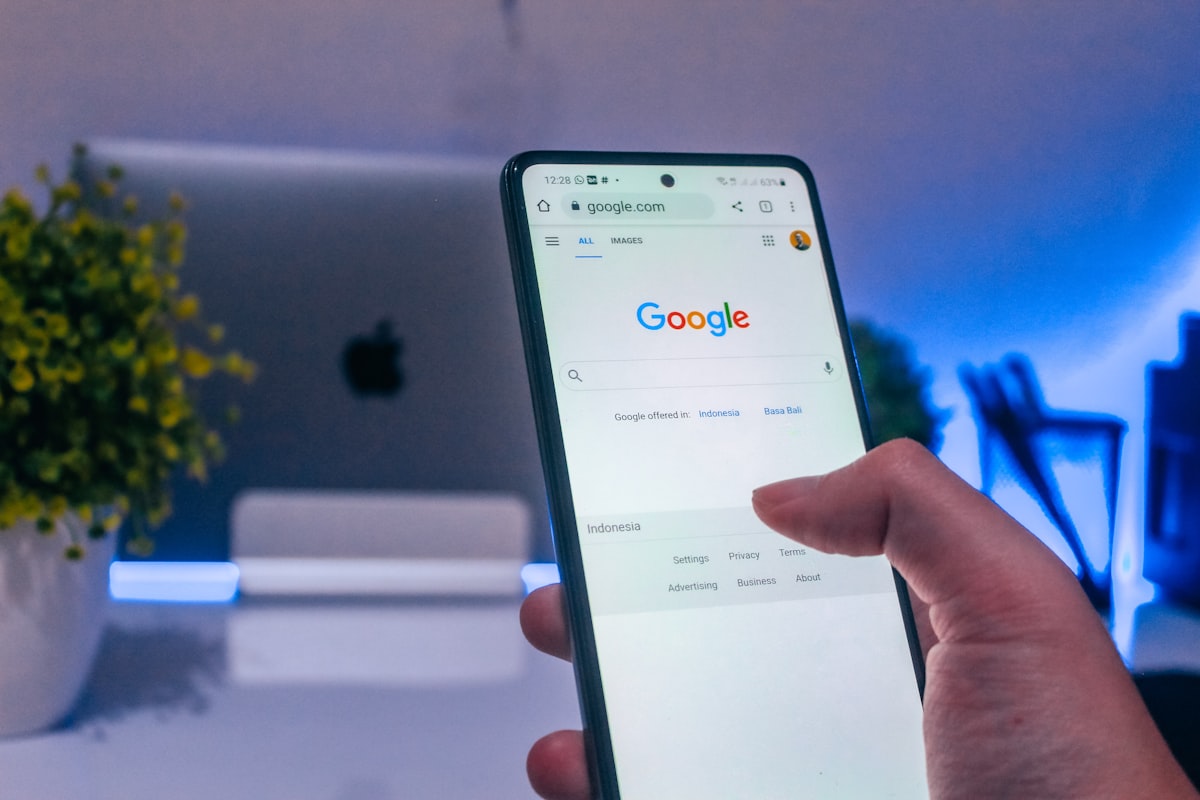As more and more business takes place online, times are changing for retail businesses. In fact, the internet is crucial to the success of all retail businesses.
70% of consumers buy more from retailers that provide a personalized shopping experience across digital and in-person channels. Shoppers want a seamless experience between the online and brick-and-mortar stores.
Digital marketing is a must for the retail businesses. It helps in reaching your target audience and promoting products or services and helps build a very powerful online presence.
In order to grow your retail business with digital marketing, there are certain factors that can help you with this.

Think Mobile
People use their phones all the time while shopping in stores. 80% of customers use a phone inside a store to look up reviews, compare prices, or look for other locations of your stores. In fact, 70 of all commerce during the 2021 holiday season took place on phones. That means your digital marketing strategy must be mobile-friendly. Offering Wi-Fi is great because even if shoppers decide to buy elsewhere, you still gain data from them. Utilizing an SMS marketing platform lets you answer customer questions proactively while they're on the phone in your stores.
Shoppers are also likely browsing social media sites like Facebook, Instagram, and Tiktok while in your stores, which means you must have an active social media presence. Whether they're looking for reviews or feedback from other customers or they'd like to engage with your brand, social media activity is essential to a successful digital marketing strategy

Embrace Omnichannel Marketing
Customers have no shortage of shopping options, so retailers must make the shopping experience as seamless and comprehensive as possible. That means investing in data specialists and analysts to harvest data and use it to improve your retail experience. With better data, you can better target prospective customers, optimize the customer experience, and bridge the gap between online and in-store.
A great omnichannel marketing strategy uses customer data to determine when individuals are most likely to browse your site, visit your store, ask a question, buy, and much more.
Armed with that information, you can build customer personas and send coupons or special offers to all of your customers who tend to shop on a particular day. All of this data helps you optimize the in-store experience so customers prefer to shop in-store rather than online.

Offer In-Store Wi-Fi
One of the best ways to differentiate your store from competitors is to offer Wi-Fi. Research shows that 62 % of businesses that provide free Wi-Fi report their shoppers stay longer.
It's a great perk for your shoppers, but it's also a valuable asset to your marketing strategy and your bottom line. That same research showed that half of businesses report higher customer spending after they offered Wi-Fi in-store.
It's difficult forbrick-and-mortar stores to build an email list when associates have to ask for
and add customer information to a database. Customers will do that themselves
by accessing your Wi-Fi network.
In exchange for freeWi-Fi, ask shoppers to give you their email address, a phone number, or some other valuable piece of information. Your Wi-Fi platform can track their shopping habits and map their shopper journey in-store so you know what your customers respond to and what they don't.
Plus, your Wi-Fi network will build email or calling lists to enhance your omnichannel marketing strategy, letting you engage with customers who didn't buy as well as those who did.

Utilize Google Shopping
Google receives 63,000 search inquiries per second (not all of those are shopping-related, of course, but many of them are.) Google's shopping module makes it easy to display your
products or help your business stand out online. After all, 34 percent of "near me" search inquiries result in store visits.
Google is like a digital shopping tour guide, which is why it's vital that your retail business has an SEO-optimized online presence. There's a lot you can do to improve SEO through content and engagement.
When you use Google Shopping, Google will do the hard work of connecting your business with people in your area searching for the products you sell. If you have an e-commerce storefront as well as a brick-and-mortar store, you must use Google Shopping. Even if you only have a single retail outlet, Google can help increase your foot traffic.

Instill a Sense of Urgency
Everyone has made an impulse buy before. Many did so because they felt they might miss out on
something if they didn't buy. That's good marketing at work.
While you can put a sign outside your store that says, "BOGO Sale Today," that still limits your audience to the foot traffic outside. When you instill that same sense of urgency in your digital marketing efforts, you capitalize on a much broader range of impulsive tendencies. Your entire email list won't walk by your store on any given day, but you can ensure they all hear about your one day-only sale.
Whether you're running a surprise sale or your regular calendar sales, a sense of urgency can make a key difference. If your digital marketing messaging tells shoppers that these sales
are in-store only, they'll come running.

Bonus:
Here are a few of the most useful digital activities retail businesses can concentrate on to promote your products or services:
Website design & development: Having a strongwebsite customized for the target audience improves customer experience and satisfaction for all prospective and current customers.
Search engine marketing: Ranking on search engines forrelevant keywords allows customers to find the retail business they are looking for with ease.
Content marketing: To attract new customers and retainexisting ones, retailers should focus on publishing valuable written and visual content.
Email marketing: Retail businesses should sendprospective and current customers emails, including product offers and important messages that are of interest to them.
Social media marketing: Retailers should identify theplatforms that their audience frequents the most and use these to attract and retain customers.
There are many ways to improve your retail business'sprofit margins. Investing in a smart, comprehensive digital marketing strategy is one of the best. From implementing an omnichannel marketing infrastructure to honing your brand's digital messaging, digital marketing can make a huge difference for your retail store's bottom line.

